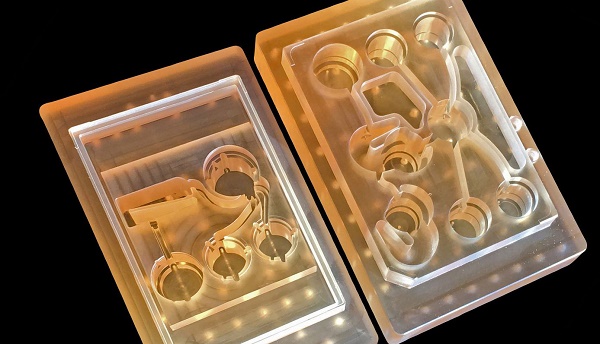"Artificial body" will effectively test new drugs
Specialists at the Massachusetts Institute of Technology have created an “artificial human body” - an imitation that allows the testing of drugs to determine their effects on the human body.
Most often, experiments on the introduction of new drugs carried out on mice, while the cellular structure of mice is very different from the structure of the human body. For this reason, due to lack of data, testing lasts for years. The new system of "artificial human body" is a collection of 10 vital human organs, consisting of real living cells.

Currently, several types of microphysiological platforms are used in medical research. The benefits of using them are great, but the impossibility of “separating” the organs and examining them in isolation significantly complicates the task. Meanwhile, pharmacists need to study the organs separately.
For example, when conducting tests of drugs on the liver, it is important to study the effect of a substance on an organ before it enters the kidneys. This greatly increases the accuracy of research and their effectiveness.
The new device from MIT is a complexly organized platform that allows organizing flows with active substances between organs. The advantage of the new invention is the possibility of its scaling both down and up, as well as making changes through the configuration. The device has already been tested on the main vital human organs.

/rating_off.png)








